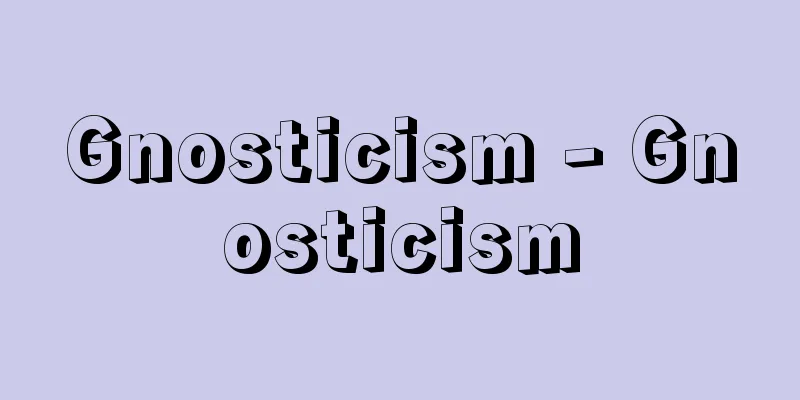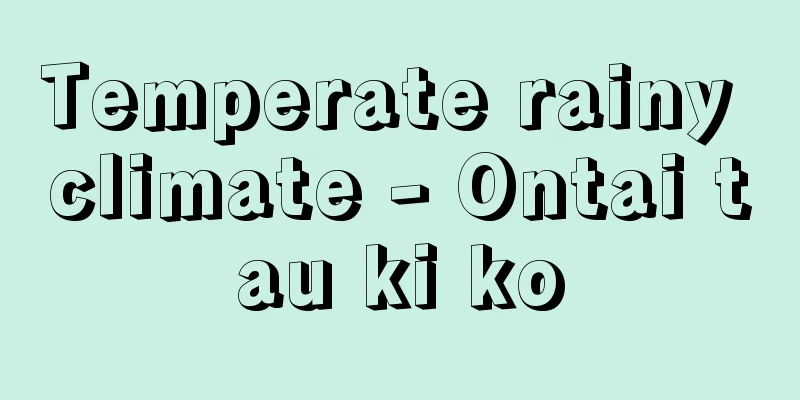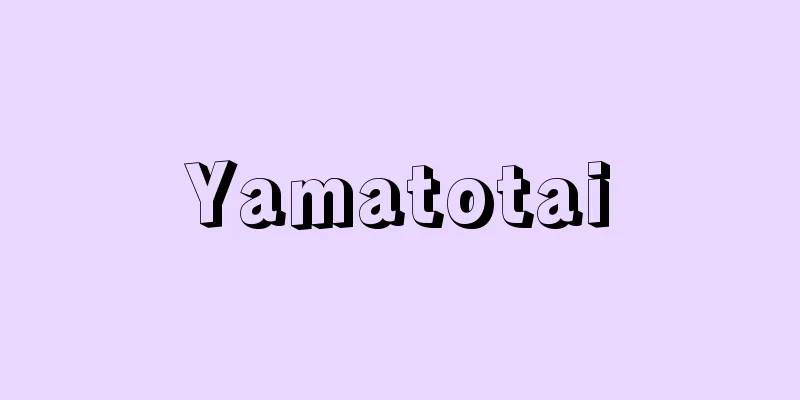Burushaski - Burushaskii

|
It is spoken by around 30,000 people in Hunza and Nagur in the Gilgit region, northwest of Kashmir. It has no known relationship to any other language in the world. It has no written form and no historical documents remain. Its grammatical features include the division of nouns into four categories: male human, female human, animals and some inanimate objects, and other inanimate objects. Larger numbers up to 1,000 are counted as multiples of 20 and 40. [Tetsuya Kunihiro] Source: Shogakukan Encyclopedia Nipponica About Encyclopedia Nipponica Information | Legend |
|
カシミールの北西部、ギルギット地方のフンザ、ナギュールで3万前後の人に話されている言語。世界中のどの言語とも関係が明らかにされていない。文字はなく、過去の文献は残されていない。文法上の特色としては、名詞が、男性の人間、女性の人間、動物と一部の無生物、その他の無生物、の四つのカテゴリーに大別されていることがあげられる。1000までの大きな数は20と40の倍数として数えられる。 [国広哲弥] 出典 小学館 日本大百科全書(ニッポニカ)日本大百科全書(ニッポニカ)について 情報 | 凡例 |
Recommend
Leptomeninx
…the second membrane is called the arachnoid memb...
Paper clothing - Kamiko
This is a kimono made by gluing together stiff ra...
Primula acaulis (English spelling)
… [Munemin Yanagi]. … *Some of the terminology th...
French Art
France has a large amount of artistic heritage fr...
Electroplating (Electroplating) - Denki plating (English spelling)
When the object to be plated and the counter elect...
Laying on of hands
〘noun〙① The hands that press down the strings of a...
African bullfrog - African bullfrog
...Most species are under 10cm long, but the larg...
Ranson, P.
...The group's name, derived from the Hebrew ...
Bohai Oil Fields
A general term for the oil fields along the coast ...
Terrorism - Tero-Rizumu (English spelling) terrorism
Terrorism is the use of harsh means, such as assa...
Thought economy - Denkökonomie (English spelling) [Germany]
One of the rules that regulate scientific thinking...
Okano Town
…It is located in the Higashikubiki Hills, in the...
Atsumori - Animal Crossing
Noh piece. Second piece: Shuramono. Five-school c...
Stationary Office (English)
… [Shoji Asamizu]. . . *Some of the terminology t...
Traveling entertainer
A traveling entertainer. There are two types. One ...









